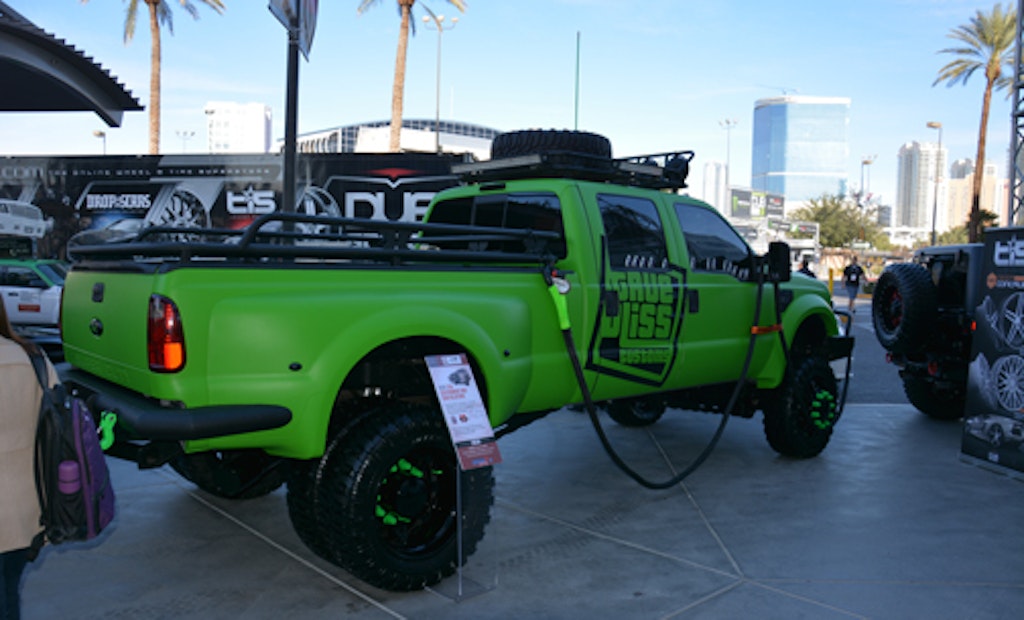You finally made the leap and invested in your dream pickup truck. Your service vehicle. Your mobile office. It’s much more than just a pickup truck. It also serves as your day-to-day workhorse, conveying you to meetings with potential clients and jobs where other prospective...
Top 5 Truck Care Tips
Popular Stories
Discussion
Comments on this site are submitted by users and are not endorsed by nor do they reflect the views or opinions of COLE Publishing, Inc. Comments are moderated before being posted.






